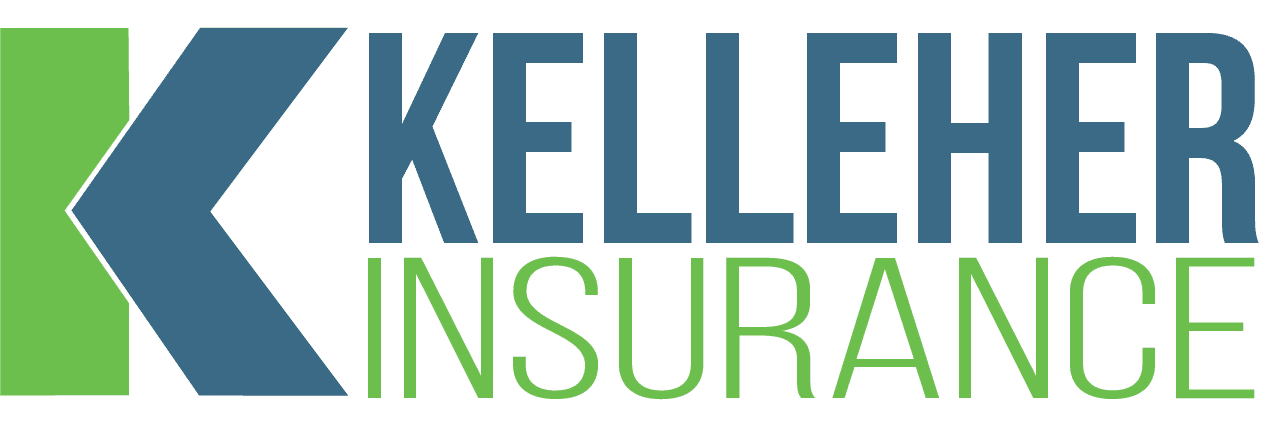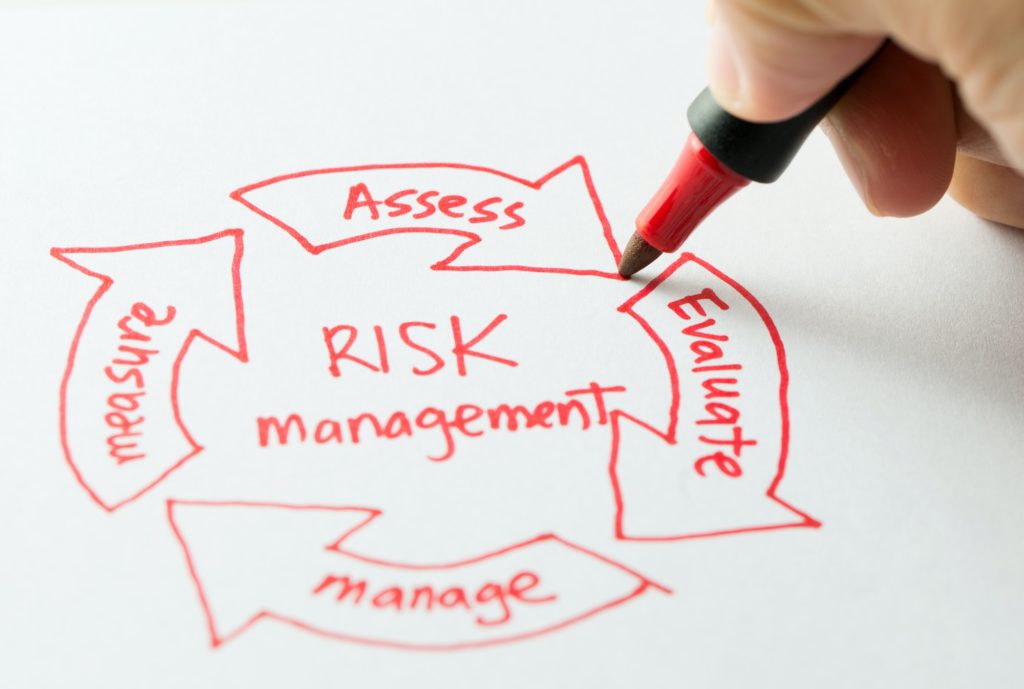Insurance and Personal Risk Management
It’s possible that when you think of “risk management,” images of investment portfolios or complex business models come to mind. What many people may not understand, however, is that they are using the same risk management techniques and concepts when it comes to protecting their own financial and other interests and assets.
Any insurance policy you already own is a kind of risk management strategy. You are giving an insurance company money, which is referred to as a premium. In exchange, the cost of any significant loss is transferred from you to an insurance company.
Since it makes no sense to exercise risk management in order to defend against a $25 loss, the word “substantial” must be used here.
To safeguard against a substantial loss, it is imperative to take out insurance.
An illustration would be the purchase of life insurance.
A life insurance policy for the chief breadwinner in a family should be purchased. A premature death would result in a considerable financial loss, and would be difficult to replace that income in the future for a spouse or children left behind.
In order to guarantee replacement income as well as the reduction or elimination of financial hardship, monthly premiums are collected in exchange for a contract guaranteeing protection from that loss from an insurance carrier.
In the case of other types of insurance, the same concept applies. If you are concerned about your own risk management, consider the following insurance advantages:
- Protecting yourself against a loss of income in the event of the death of a family member. Examine the extent to which you or your spouse’s income would have to be replaced in the event of a loss of employment. If you have a substantial income, it may be necessary to replace the entire amount lost via unemployment.
- Guarantee that debts are paid off in the event of a person’s death. So, how much debt do you have right now? Your outstanding debts may be covered by life insurance or other insurance.
- Protect yourself from unanticipated medical costs. The cost of medical care can be prohibitively expensive. Has the likelihood of unanticipated medical bills been factored into your risk management plan?
- Protect your home against disasters such as floods, theft, fire, and other calamities by installing flood and fire protection. In most cases, the majority of people take good care of their main residence. This is due to the fact that lenders demand insurance in order to preserve their collateral.
- Protecting oneself against lawsuits. Insurance can be as protection against different types of law suits. Of course, depending on your own situation and need, some people may be more concerned about this topic than others. For more information on your legal obligations and risk in personal cases, you should speak with an attorney.
- Protect yourself from income loss as a result of a disability. Some employers provide disability insurance, but many employees choose not to make use of this benefit. Furthermore, those employees who do choose to enroll in coverage usually choose a level of coverage that is incredibly low. Take a close look at the amount of money you’ll receive if you’re unable to work. Are you confident that you will be able to pay all of your bills with that total amount? Disability insurance coverage is typically pretty limited. Make certain that you are receiving the proper amount so you can live on it.
- Safeguard your automobiles from theft or damage as a result of an automobile accident. Aside from that, most people do well in this area as a general rule. The requirement for insurance has been reinforced. There are other components to auto insurance, though, so consult with an expert to ensure that you get the coverage you require.
- Protection for business owners. There are other considerations that business owners have. Having supplementary insurance to cover your real estate and other assets will be necessary if you own a business.Maintain contingency plans in the event of the loss of important personnel. If they pass away or become disabled, the money they are generating for your company may be forfeited. Protect your family, your business, and your own well-being with these tips.
Risk management and insurance are intertwined concepts. It’s possible that you hadn’t considered it in this light before. Hopefully, the picture is now clearer regarding this partnership. Take steps to ensure that you and your family are protected against any and all serious financial risks.
Consult with a professional and take the actions needed to position yourself for a prosperous financial future, even at a time of crisis.

